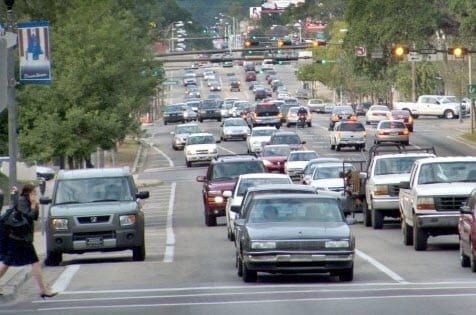 Auto insurance bill fails before House Insurance Committee
Auto insurance bill fails before House Insurance Committee
A legislation designed to reform North Carolina’s regulations governing auto insurance rates has been unseated by the state’s House Insurance Committee this week. The bill was put down by a vote of 18-11, with opponents claiming that the legislation did not offer solutions to the state’s current problem. The legislation was staunchly opposed by Insurance Commissioner Wayne Goodwin, as well as several companies and trade groups representing the auto insurance industry.
Bill aimed to provide insurers with more freedom in the rate review process
The legislation (House Bill 265) was meant to allow auto insurance companies to opt out of a system governed by the North Carolina Rate Bureau, through which insurers submit rate proposals that must be approved or denied by the state’s Insurance Commissioner. The bill would have allowed auto insurance companies to set their own rates on coverage as long as the average increase did not exceed 7% annually. The measures the legislation sought to introduce served to divide the auto insurance industry.
Insurers divided over legislation
Supporters of the bill claimed that it would help establish a rate review system that is more fair for insurers. The bill would have also eliminated a surcharge imposed on motorists with auto insurance coverage, as well as provide insurers with motivation to create discount programs, many of which are common outside of North Carolina. Opponents, however, argued that the legislation would give insurers too much freedom to raise rates on coverage, putting financial strain on many drivers that are already struggling to afford their auto insurance policies.
House Insurance Committee shows concern over bill’s divisive effect
The fact that the legislation proved divisive for the auto insurance industry raised several red flags within the House Insurance Committee. Several members noted that it would be difficult to enforce the regulations that would be introduced with the legislation if the industry remained divided. As such, the committee determined that the legislation would not proceed until sufficient changes had been made to make it more appealing to all parties that would be affected by it.
